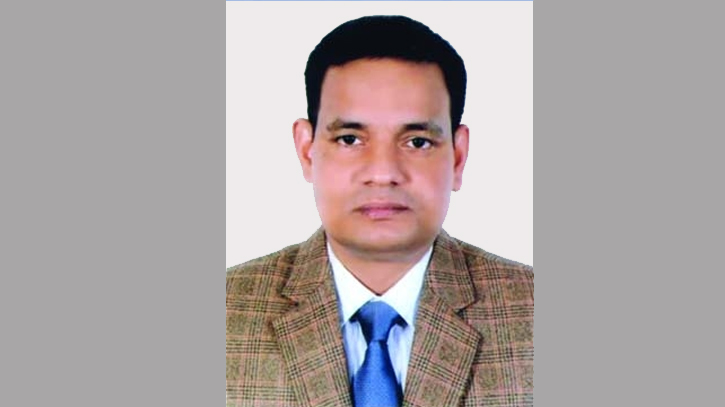
Photo : Collected
Primary energy is the key element for the power sector. Without energy, the power sector and industries will suffer even if they have installed capacity. So, we have taken a bundle of initiatives to enhance the supply of gas to the national grid, says Petrobangla Chairman Zanendra Nath Sarker in an interview with The Daily Messenger’s Jannatul Ferdushy.
Messenger: Petrobangla is going to explore gas after a decade. Why is it doing so now?
Zanendra: Due to the gas crisis in the country, the Bangladesh Power Development Board cannot utilise a huge amount of electricity generation capacity. Moreover, the government has to import pricey liquefied natural gas (LNG). Consequently, Petrobangla has initiated the exploration of domestic resources.
Messenger: How can you increase the supply of gas quickly?
Zanendra: For quick supply of gas, Petrobangla will explore 100 wells. Of these, 31 existing wells will be developed in land across the country by 2028. So, for the massive activities to extract gas, Petrobangla will float tenders to invite international energy giants.
As offshore exploration is time-consuming, we are going to do massive exploration in land too, so that we can increase the supply of gas immediately. Because of that, we are going to involve the IOCs. We have already amended the PSC to attract the global giants.
Petrobangla is currently implementing another project for drilling 48 exploratory, development, and work-over wells to boost gas production by an additional 618 mmcfd. Of these, the drilling of 23 wells will be handled by the state-owned Bangladesh Petroleum Exploration and Production Company Ltd (Bapex), while work on the remaining 25 will be outsourced. Besides, Petrobangla foresees gas demand rising to 6,655 mmcfd by 2029-30 with a projected supply of 4,352 mmcfd.
Messenger: Are we increasing the price of gas in the PSC?
Zanendra: We have sketched the PSC in a way to make it lucrative so that we can attract the IOCs. Some of the pros and cons have been reviewed. Yes, prices have also been hiked.
Messenger: Bangladesh will invite global giants for exploration. What about local organisations?
Zanendra: We have plans to strengthen the government organisations, including Bapex. According to Petrobangla's plan, Bapex will drill 52 wells and do workover of 16 from 2025 to 2028.
Bangladesh Gas Fields Company Limited (BGFCL) will drill nine wells and do workover of 12. Sylhet Gas Fields Limited (SGFL) will drill eight wells and do workover of three wells. Once the drilling and workover is completed, Bapex will be able to increase the supply of gas to the national grid by 175 million cubic feet per day.
At the same time, by completing this activity, BGFCL will be able to add 280 million cubic feet of gas to the national grid while SGFL will supply 130 million cubic feet.
Messenger: How can we meet the increased demand in 2030?
Zanendra: Due to increasing economic activities in the country, the daily gas demand may exceed 5,000 million cubic feet in 2030. Keeping this huge demand in mind, the government wants to raise domestic gas production as well as increase the import of LNG. For this, after Qatar and Oman, a long-term agreement has been made with the US company Accelerate Energy. Under the contract, they will supply LNG for the next 10 to 15 years from 2026. For this purpose, the government has planned to build three more LNG terminals in the country.
At present, the daily gas demand in the country is 4,000 million cubic feet. Some 2,996 million cubic feet of gas was supplied on April 20. Of this, 1,997 million cubic feet was supplied from domestic sources, while the rest came from imported LNG.
Messenger/Fameema








